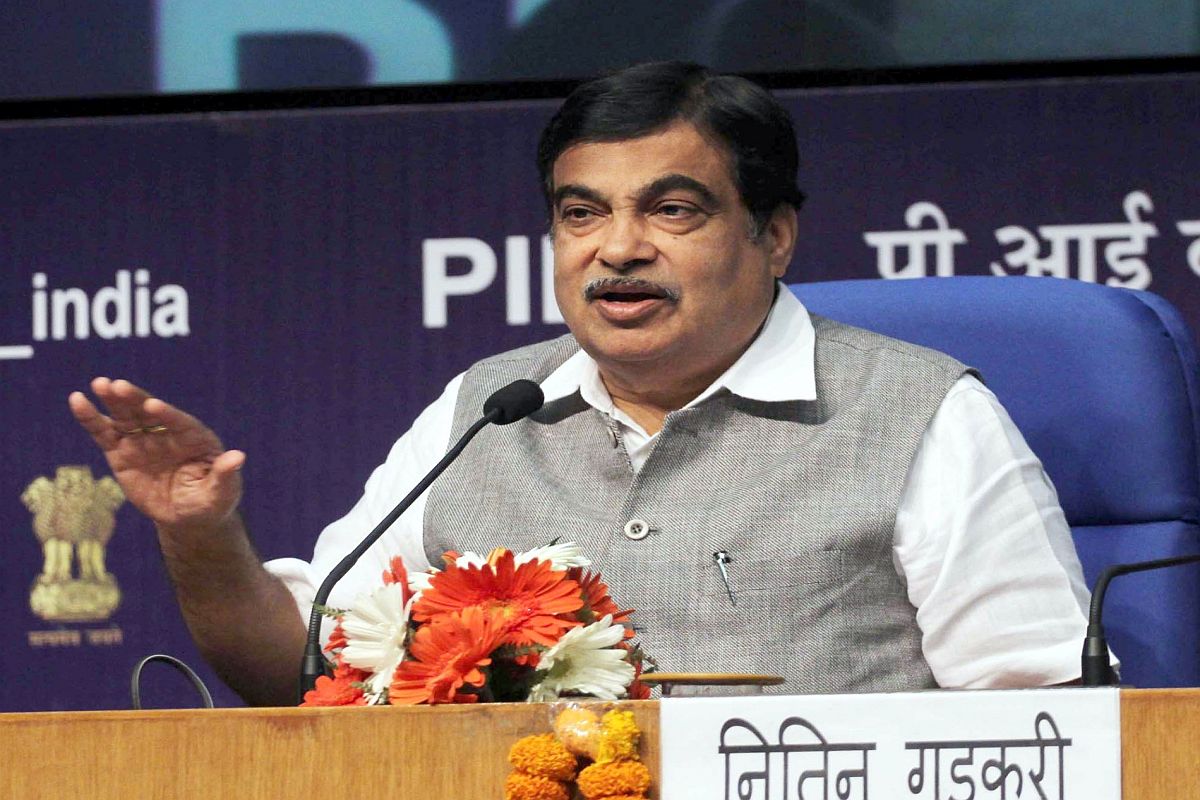Dispelling fears of petrol and diesel vehicles getting banned amidst a deepening crisis in the automobile industry, Minister of Road Transport and Highways Nitin Gadkari on Thursday clarified that the Government has no such plans.
“There have been talks that the Government is planning to ban petrol and diesel vehicles. I want to make it clear that the government has no such plan. We are not going to do anything like that,” he said.
Advertisement
Gadkari had in 2017 stated that the auto industry would be “bulldozed” if they didn’t push for electric vehicles.
Acknowledging the crisis in the auto industry, Gadkari said he would take up a discussion with the finance minister for extending possible export incentives on automobile makers, as has been done for the sugar industry.
He assured the crisis-hit automobile industry of all possible support from the government, including taking up the demand of GST reduction with finance minister Nirmala Sitharaman.
The automobile sector is facing the problem because of global economy, demand and supply, he said.
“The Government is already with the automobile industry and under the Finance Ministry, we will find out a solution,” he said.
Reiterating that the government would help the industry, the road transport and highways minister also said his ministry would give out 68 road projects worth up to Rs 5 lakh crore in the next three months to help generate demand for commercial vehicles.
With the impending price increase of vehicles and the upcoming of BS-VI norms deadline, “it is your (industry’s) demand that there should be a reduction in tax of petrol and diesel vehicles. Your suggestions are good. I will take your message to the finance minister,” Gadkari said at annual SIAM convention in New Delhi.
Even if it (GST) is reduced for some time, it will help, he added.
The minister further said that just like the way GST on electric vehicles has been reduced to 5 per cent from 12 per cent, he would propose to the finance ministry to extend the same benefit to hybrids vehicles.
On award of road contracts, Gadkari said, in the next three months, “we are trying to… award road contracts worth Rs 5 lakh crore. We have selected 68 projects including various expressways… we have already acquired 80 per cent of land for these projects… this would help indirectly the auto industry”.
The minister also asked automobile companies to have in-house finance companies to help generate sales.
On heavy fines being levied on traffic rules violators, Gadkari said that the Government does not desire to raise the limits of the fine. “The idea is that a time should come that no one gets penalised and everyone follows the rules.”
Meanwhile, CII President-Designate, MD and CEO of Kotak Mahindra Bank, Uday Kotak also urged automobile manufacturers to give emphasis on exports in order to create an additional avenue to overcome the slowdown in the domestic market while stressing that a weaker rupee will make it even more favourable.
Speaking at the event earlier, SIAM President Rajan Wadhera had asked the government to consider reducing GST on automobiles to help it overcome the prolonged slowdown.
He also drew Gadkari’s attention for the Government to consider a single nodal regulatory ministry for the auto industry, which currently comes under several ministers regarding various functions.
Wadhera said that components manufacturers are staring at 1 million job losses if the downturn continues.
Maruti Suzuki India CEO and Managing Director Kenichi Ayukawa, meanwhile, welcomed Gadkari’s assurances to help the auto industry and said the industry was eagerly looking forward to concrete steps.
Reeling under severe slowdown, Maruti Suzuki on Wednesday announced a two-day shutdown at Gurugram and Manesar production units on September 7 and 9. The country’s largest carmaker had reduced its output from its production by 33.99 per cent in August.
With the major slowdown in the automobile sector, major manufacturers have been reporting declining sales. MSI had produced 133,265 units in July, down from 178,533 units reported for the corresponding month of the last financial year (FY19).











